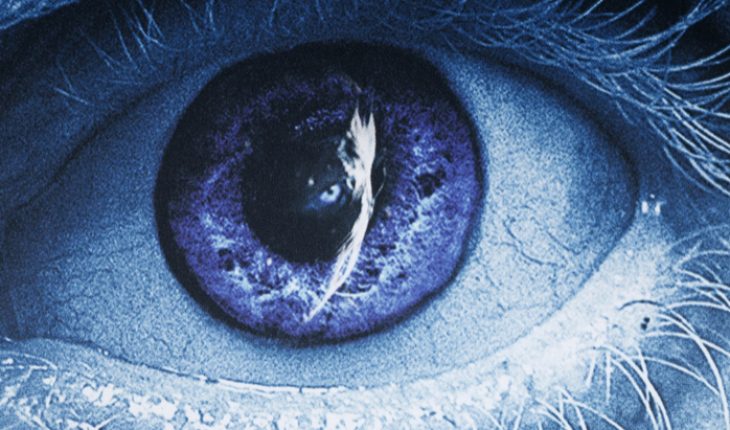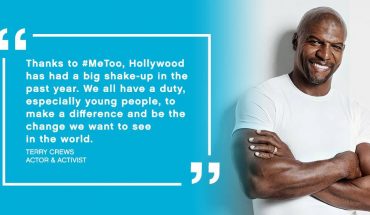The penultimate episode of the current series of Game of Thrones (G.O.T) has just finished and personally I am counting the months until the final season. George R. R. Martin has created a scary and traumatic world, and it’s amazing that every character in it isn’t suffering from phobias, anxiety issues or major trauma.
Sandor Clegane, better known as the Hound, (played by Rory McCann), has developed and grown over the previous Game of Thrones seasons and his journey has also illustrated in detail how a phobia can start and impact a person’s life.
Sandor Clegane, better known as the Hound, (played by Rory McCann), has developed and grown over the previous Game of Thrones seasons and his journey has also illustrated in detail how a phobia can start and impact a person’s life.
The Hound is as tough as they come – but when he sees fire he becomes a terrified wreck – classic phobia symptoms.
The series introduces the Hound’s fear of fire in the first season. Little Finger Petyr Baelish tells Sansa that Sandor’s brother Sir Gregor (the Mountain) got revenge on him for stealing his toy:
“Gregor never said a word. He just grabbed his brother by the scuff of his neck and shoved his face to the burning coals and held him there while the boy screamed as his face melted.”
In season two, in the battle of the Black Water as Stannis tries to take King’s Landing, the Hound is fighting and is charged at by a man on fire. You watch him shift from a brave warrior to being frozen by fear. Suddenly he just packs it all in, leaves the battle, quits his job, and walks out of the city.
We see his fear again when he fights Beric Dondarrion. Beric uses a flaming sword, and you can see the shock in the Hound’s face before he starts to fight. This is when Aria realizes he has a fear of fire.
So, can you be that tough, strong and fearless and still have a phobia?
Yes, a phobia has nothing to do with how tough or how smart you are. It starts with an experience which triggers the brain to link fear to an event or object. I have worked with all sorts of very tough guys, martial arts experts, military men, and Special Forces guys; they have done and seen things most people would find terrifying, yet have a phobia of something most people wouldn’t be bothered by, like spiders, or going in a lift. This is because phobias are not based on logic.
With the Hound, it is very obvious what started his phobia, but for most people it is not always that clear, it could be almost anything. If, for example, you have a fear of flying, it could be that as a young child you experienced a turbulent flight and in that moment your mind linked flying to danger. Or it could be that you were watching a TV show where somebody falls off a cliff and in that moment your mind creates a fear of heights. Even watching how your parents reacted to a spider could be enough to create the same fear in you. If this fear is deep enough, whenever you encounter that thing again you will have the same emotions and feelings around it.
Could the Hound remove his phobia?
Yes – and the first step is to help him create a place of safety in is mind. Clegane says to Brienne “safety, where the F~#@ is that?” and that suggests to me that right now in his subconscious mind, there is a pattern recognition system running, where he see’s fire and reacts with fear and because of this, his mind tries to make him run. One way to create safety so it’s easier for him to let go of his fear, is to create a trigger for safety that is linked to positive feelings and emotions.
The key is to think of or imagine times when you felt completely calm. It could be sitting on beach, or with family or friends, basically anything that makes you feel relaxed and safe.
The key is to think of or imagine times when you felt completely calm. It could be sitting on beach, or with family or friends, basically anything that makes you feel relaxed and safe.
Now imagine going back to that time and notice all the images, feelings and sounds that go with this event. When you have fully connected to this positive event, squeeze your fist to create a link between the emotion and the gesture, and as the emotion fades release your fist. Keep repeating this as many times as you like and then test it by squeezing your fist. Notice what you feel. If it’s strong enough, just the act of squeezing your fist in future will bring back that feeling of safety.
Once we have done that, we can now re-educate his subconscious to see fire and not become terrified. One way to do this through ‘cross lateral stimulation.’ Basically, if you focus on your fear while doing the exercises described below, the mind cannot hold the fear and focus on the exercises at the same time, so the mind starts to let go of the fear. This is most effectively when done on the first, or trigger, event. In the Hound’s case, it would be going back to when his brother attacked him.
To do this, look straight ahead while thinking about your fear. Now, allow your eyes to move slowly from left to right passing between the bridge of your nose. Keep repeating this left to right process, while thinking about your fear, and you’ll notice your phobia reduce in intensity. Another way to help the Hound would be to reduce the intensity of the images he links to the phobia. This could be done by making the event funny, because it’s very hard for the mind to hold two opposite emotions at the same time. If you play around with the event and make the images small, remove the colour and run it backwards, or give it Mickey Mouse ears and circus music, it changes the dynamics. Keep playing with the images until the feelings associated with it are reduced.
If Sandor were real we could completely remove his phobia and you never know, he and Drogon the dragon could become the best of friends.
- Ridiculous Spell can help fix your phobia - 1st March 2018
- 10 most common Christmas stressors - 22nd December 2017
- Samhainophobia – top 10 Halloween phobias - 29th October 2017






